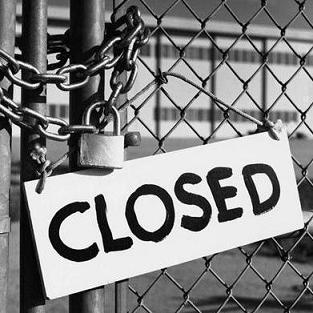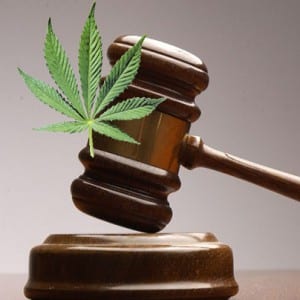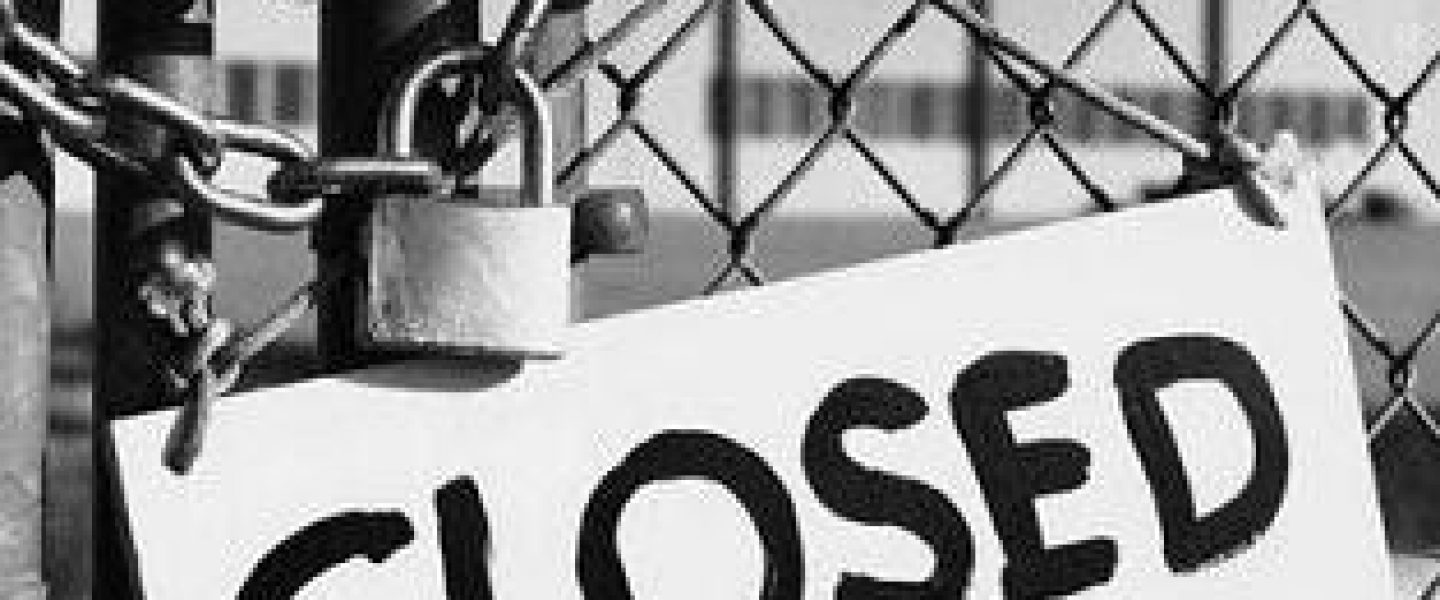 The Case Of Pack v. Long Beach Could Decide The Fate Of Medical Marijuana Dispensaries
The Case Of Pack v. Long Beach Could Decide The Fate Of Medical Marijuana Dispensaries
The Long Beach City Council met Tuesday night and members of the Long Beach Collective Association were urging citizens to call their city councilor to protest the ban on medical marijuana dispensaries in Long Beach. The battle between Long Beach medical marijuana dispensaries and the City of Long Beach will have ramifications for the rest of the state, if not the rest of the nation. The case of Pack v. Long Beach asks the question of whether or not it is legal for local governments to permit medical marijuana dispensaries, or if federal government trumps the process entirely. As it stands now, the Appellate Court has ruled in favor of the latter.
However, the case is being appealed to the California Supreme Court, who could rule either way. From there, the case could likely be appealed to the United States Supreme Court, which is why I am saying that this could affect much more than the State of California. As more states become medical marijuana states, the issue of medical marijuana dispensaries will no doubt be an issue, and case law will play a very big role in the outcomes of the legality of such endeavors. Below is an article giving a background of the case from Steve Elliott of Toke of The Town, and the links to the case summary from California court records, as well as the entire opinion of the Appellate Court ruling.
By Steve Elliott of Toke of the Town
The fate of the entire American medical marijuana community could depend on decisions made by the City of Long Beach. The recent court ruling of Pack v City of Long Beach could take cannabis medicine away from ailing citizens and lead to lost jobs, lost tax revenue, and increased crime rates.
On Wednesday, December 7, the Long Beach Collective Association (LBCA) submitted amendment language to the mayor, Long Beach City Council, and city attorney, which recommends language that would allow the current ordinance to remain functional under the evolving California law. This “third option” was drafted by the LBCA’s legal team at the request of Vice Mayor Suja Lowenthal and several other council members at the November 1 council meeting.
“This document amends the current ordinance in a way in which we believe allows the City of Long Beach to be in compliance with the rulings in the ‘Pack decision’, and allows those collectives that were authorized under the current ordinance to continue to exist,” said LBCA advocate Carl Kemp.
The City of Long Beach has already collected more than $700,000 from registered collectives and through their ordinance, required millions of dollars of construction to accommodate cultivation within the city. With some permits being issued and deadlines for construction plans being sent from the city, collectives believed they were on a course for legitimate existence in the City of Long Beach.
A repeal and ban would likely result in lawsuits that would result in costly claims and lawyers fees. LBCA said it would very much like to keep this out of the courtroom.
“The LBCA wants to make whatever contributions are legal to recoup the City’s costs to regulate our collectives,” said LBCA President Greg Lefian. “Where the law limits that participation, we are committed to contributing the balance of the current annual fee to worthy community causes, such as after school programs, youth sports, or care for the homeless.”
Contrary to the federal claims, crime actually rises when medical cannabis dispensaries are closed down, according to one study by the RAND Corporation. The study showed an increase in crime after the City of Los Angeles closed 70 percent of local medical marijuana dispensaries. The study found a 59 percent overall increase in crime within 0.3 miles and a 24 percent increase within 0.6 miles of shuttered dispensaries in the 10 days following their closure, as opposed to the 10 days before.
RAND took the study offline after vociferous complaints from Los Angeles City Attorney Carmen Trutanich’s office. After all, science is inconvenient, isn’t it?!
 Hypotheses to explain this increase include the loss of security provided by the dispensaries, reduced foot traffic in the area, and a change in police presence.
Hypotheses to explain this increase include the loss of security provided by the dispensaries, reduced foot traffic in the area, and a change in police presence.
“Counter to the claims of medical marijuana opponents, dispensaries increase neighborhood security and deter property crimes,” said Cheryl Shuman, director of public relations for KUSH Magazine. “This possible ban would backfire on the City, causing an increase in theft, breaking and entering, and assault.
“Medical cannabis is a safe and effective treatment option for many serious medical conditions, and patients should not be forced to purchase their medicine from criminals, drug dealers, and gangs, which will be their only point of access if the city forces dispensaries to close,” Shuman said. “In addition, thousands of workers will be forced from their jobs in the midst of the worst economic crisis since the great depression.”
“We believe this amended version maintains the City Council’s original legislative intent to both provide for patients in need of medical marijuana, while concurrently protecting the community from an over-proliferation of collectives,” Lefian said.
Throughout the document, we have sought to leave in place those restrictions originally included by the City Council,” Lefian said. “And where there were ‘requirements,’ we have changed the language to read as restrictions, thereby honoring the Council’s intent and comporting with Pack.”
“Though it hasn’t been easy over the last two years, the Long Beach City Council has demonstrated leadership in the area of creating legislation that legitimizes the needs of those in need of medical marijuana,” Kemp said. “We took their request to come up with a third option seriously, and paid our legal team to come up with something we believe is a solid starting point.
“It is our hope that as this city’s policy makers, they meant what they said at that meeting,” Kemp said. “We know that City Attorney Shannon has never been a fan of collectives, but we believe it is his responsibility now, as it was in previous ordinance drafts, to carefully consider language that follows the Council’s previously documented legislative intent.”
The Long Beach city attorney plans to bring forward a recommendation to repeal and ban the existing ordinance on December 13. He has also asked the California State Supreme Court to rule on the Pack decision, and this request to ban and repeal would happen before the courts have even considered a ruling.
Prior to the Long Beach ordinance, approximately 100 collectives existed in the City of Long Beach according to KUSH Magazine. After the ordinance approving 28 authorized collectives in the city was finally voted on by Council, numbers dropped to fewer than 40.
Since the discussion of a repeal and ban, illegal collective numbers have begun to creep back up, suggesting that a ban in the city could lead to an explosion of non compliant storefront operations.
Concerned citizens are urged to visit the website of the Long Beach Collective Association to get the latest updates and make a donation (early Wednesday afternoon, the site was still “under construction”). You can also get involved by becoming a fan at www.facebook.com/LBCollectiveAssociation.
Article From Toke of the Town and republished with special permission.









